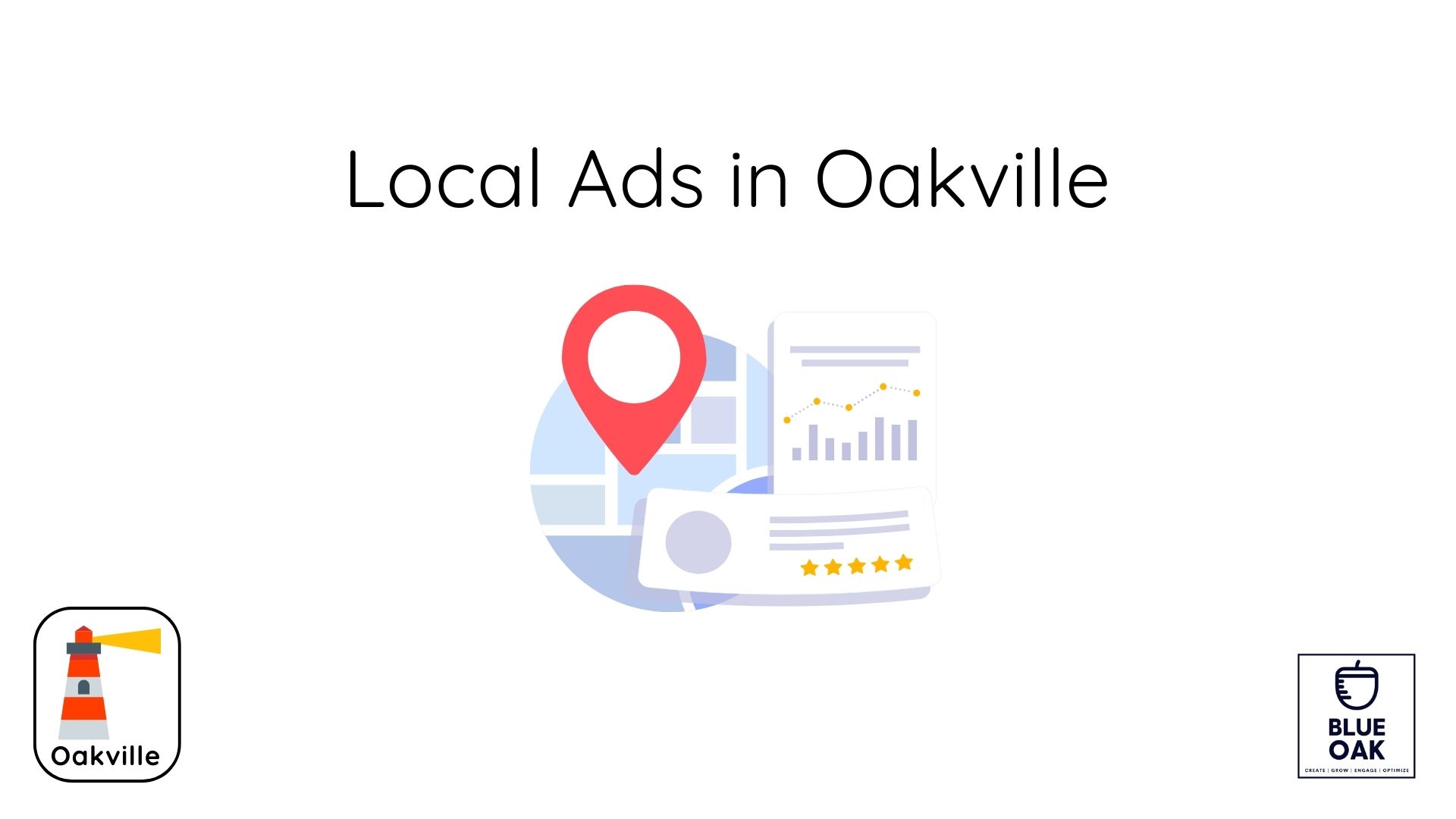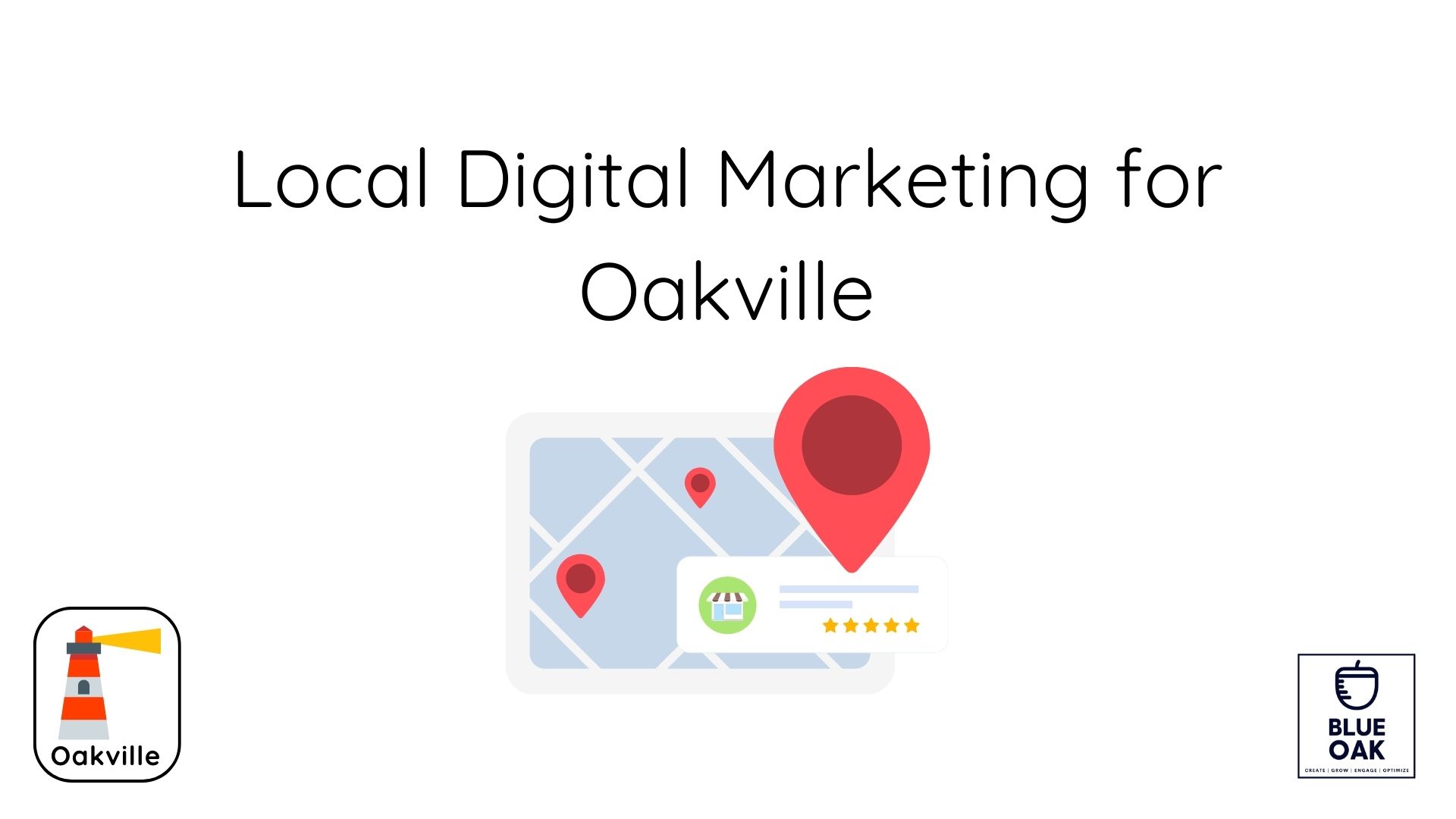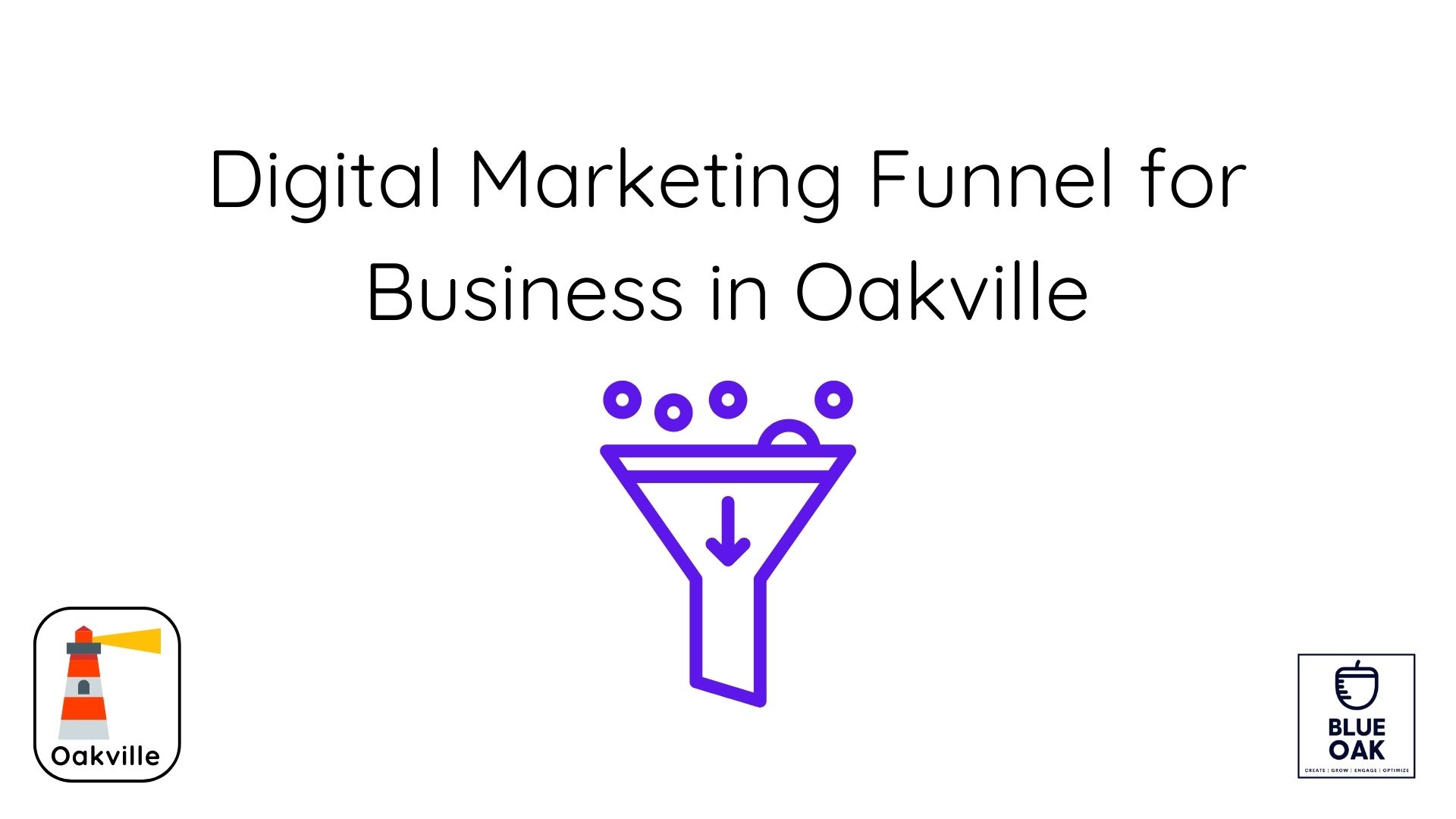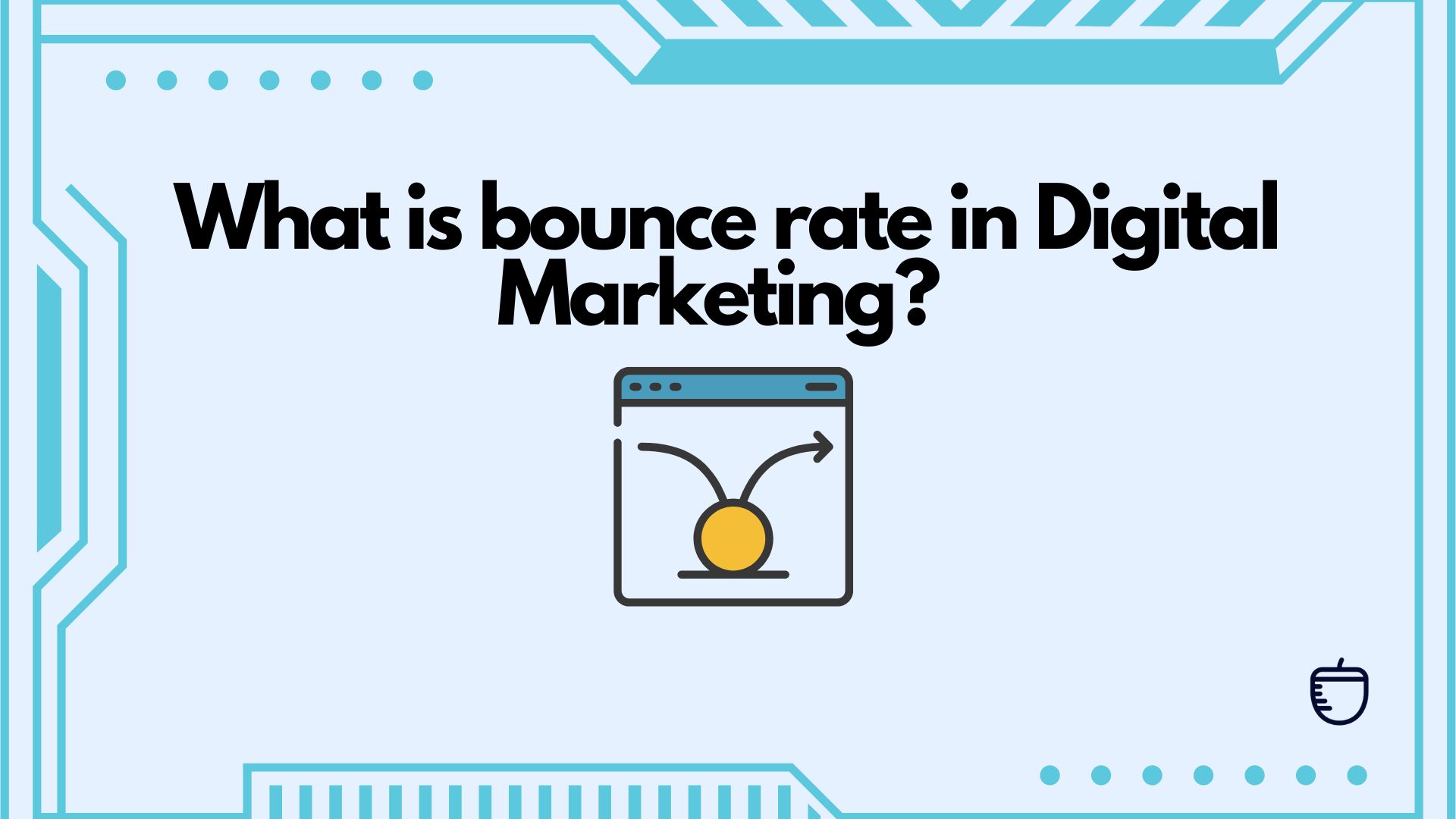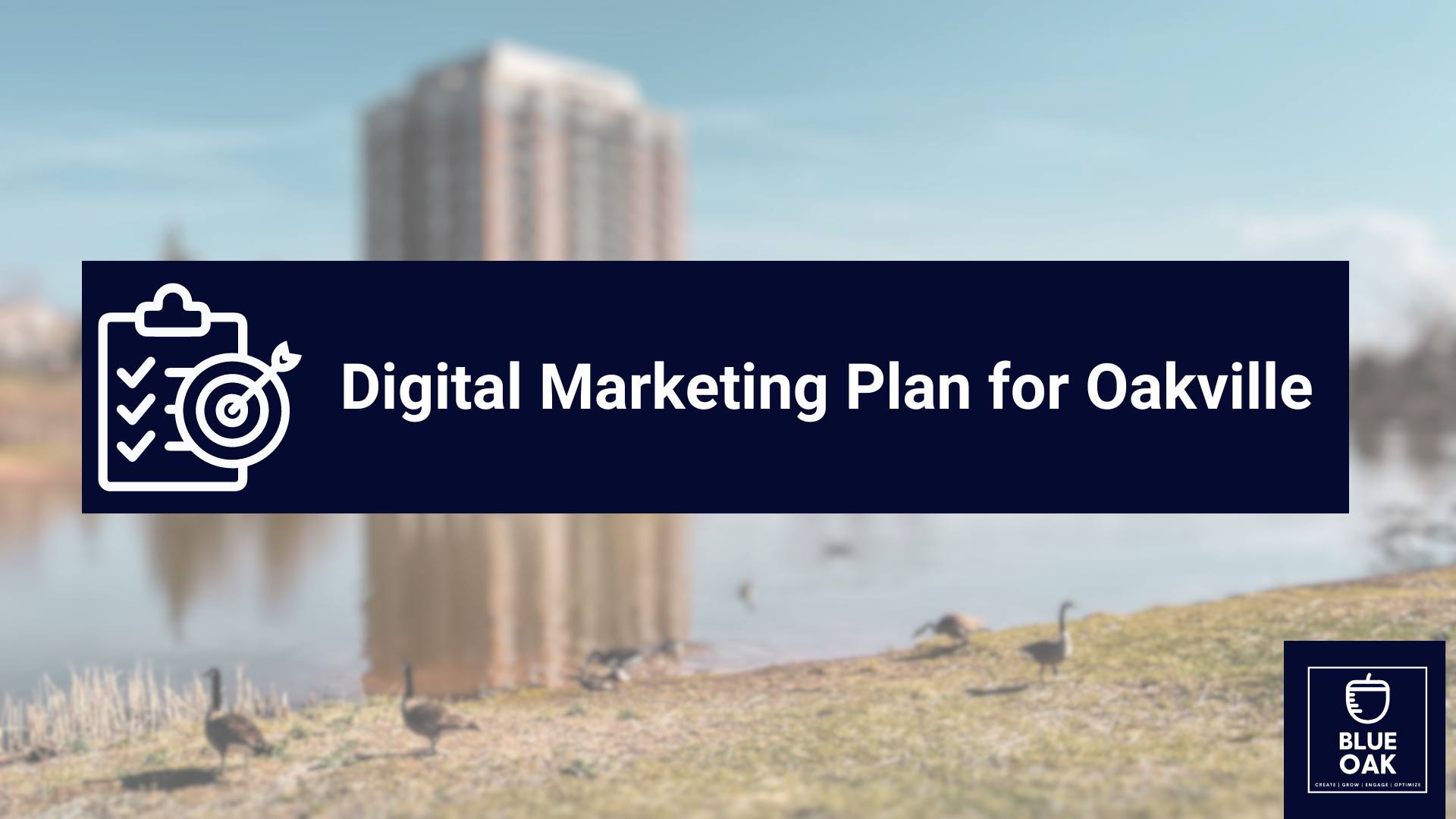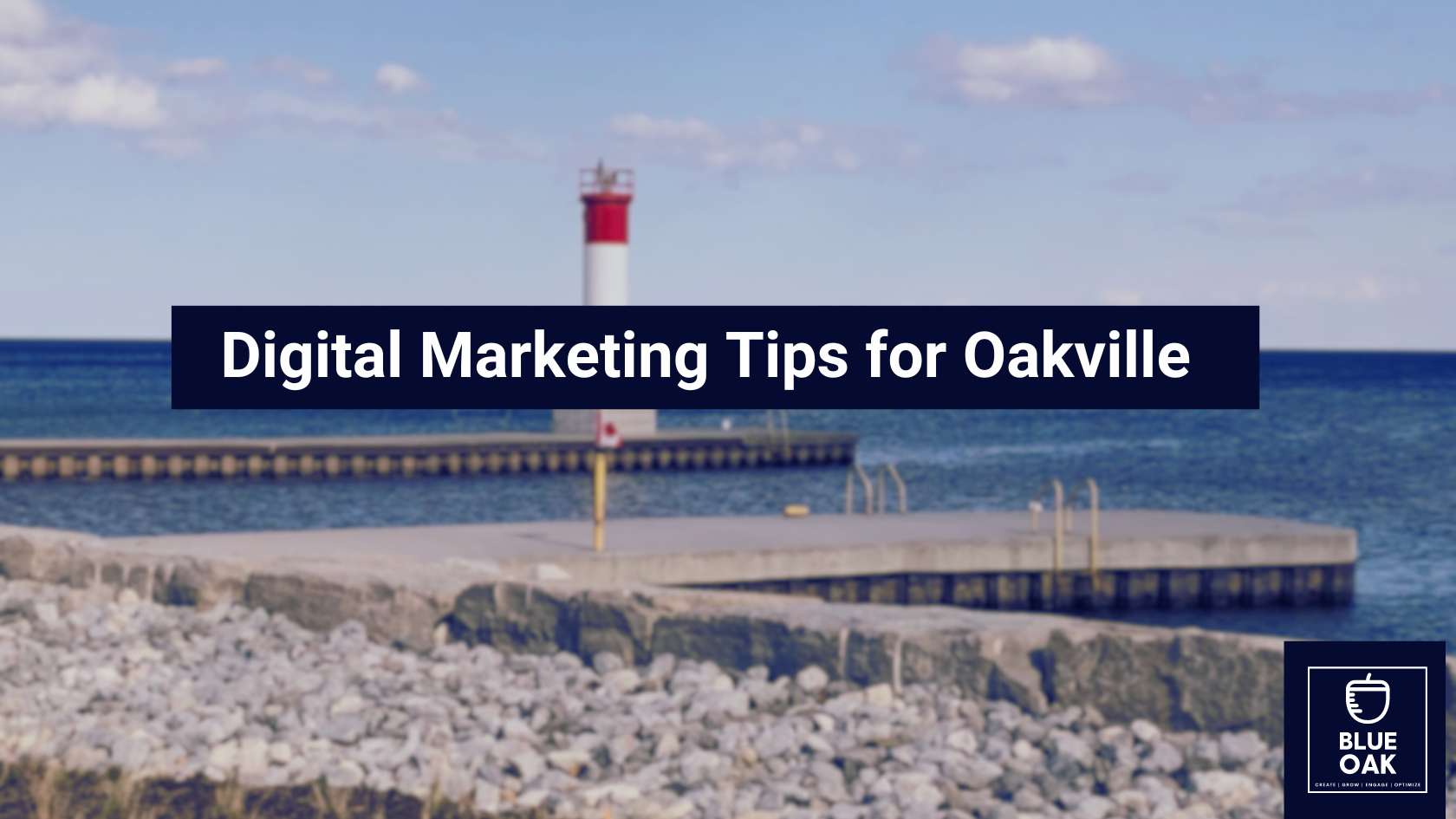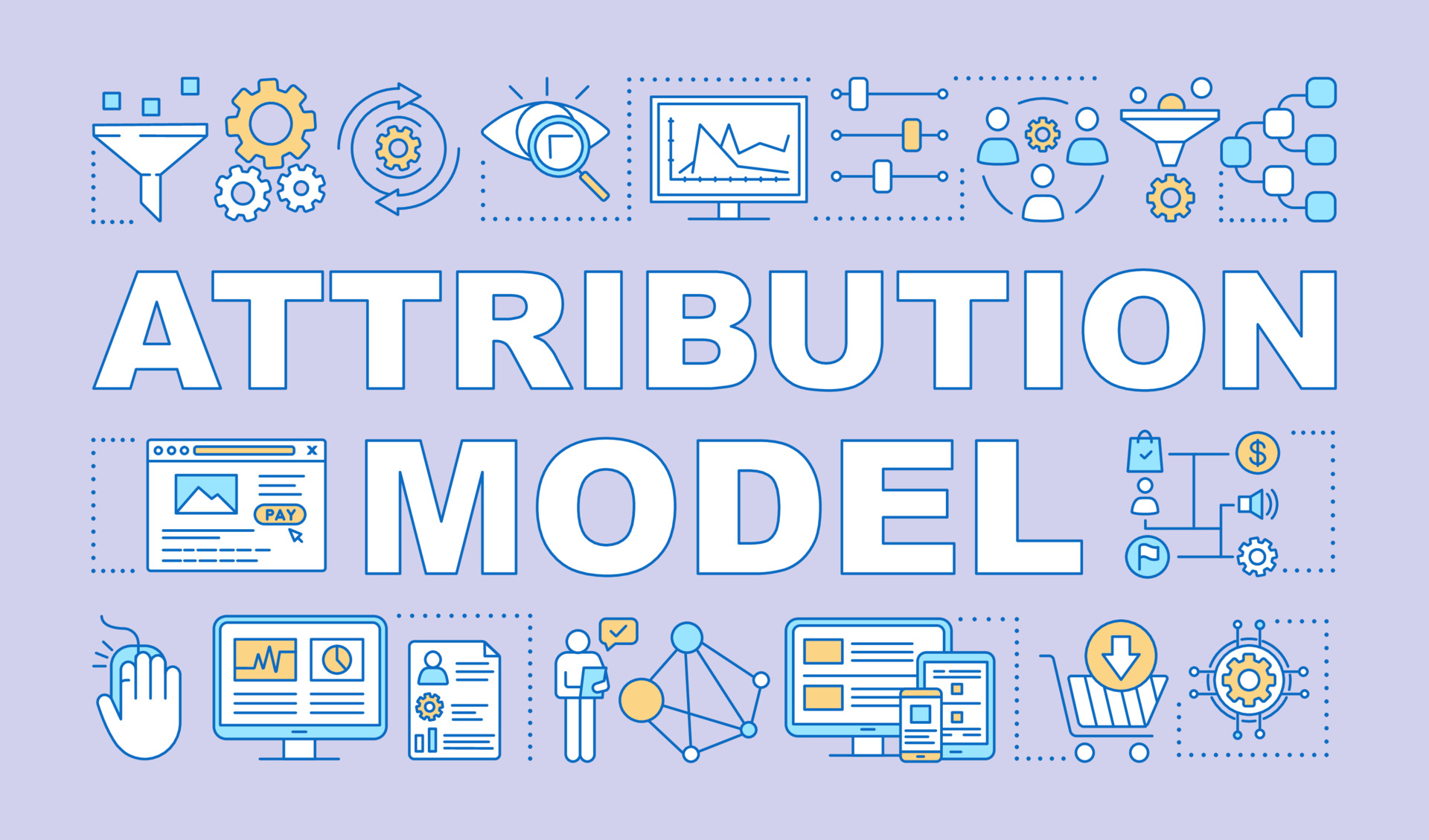What is Digital Marketing Strategy?

Table of Contents
ToggleThe relevance and significance of digital marketing cannot be understated as the 21st century advances. Businesses of all sizes must have a planned and best digital marketing strategies since they rely increasingly on digital platforms to drive their growth.
This blog aims to explain the concept of a digital marketing strategy by outlining what it entails, how it varies from marketing approaches, and the many forms it may take using examples from content marketing, SEO, social media marketing, email marketing, and PPC marketing.
Do not be alarmed if the world of digital marketing seems confusing and intimidating. We’ll divide the procedure for developing a digital marketing plan into manageable chunks. We’ll go into detail on how to establish strategic objectives, develop buyer personas, carry out an efficient audit, produce and disseminate content, choose key performance indicators, and efficiently track and report your success.
What Is A Digital Marketing Strategy?
A digital marketing strategy is a comprehensive plan that defines how your business will achieve its marketing objectives through online channels. It operates within the broader umbrella of the overall marketing plan, which includes traditional marketing routes as well.
The Importance Of Digital Marketing Strategy
A robust digital marketing plan is the foundation for online success as the globe gets increasingly connected. It supports your objectives, such as raising brand exposure, fostering consumer interaction, escalating sales, or enhancing client loyalty. It serves as your road map across the vast and complicated world of digital communication.
Tailoring Your Digital Marketing Strategy
Digital marketing tactics are not uniform; they change depending on the particular requirements and goals of your company. The form that your digital marketing plan will take is determined by factors including your unique company objectives, target market, and available resources.
Decisions about goal alignment, branding, and resource allocation are all part of a comprehensive digital marketing plan. It isn’t about haphazardly uploading material to digital channels and hoping for engagement.
It involves producing thoughtful, personalized content that appeals to your target market, is consistent with your brand identity, and moves you closer to your objectives.
Adapting To The Digital Landscape
The digital world is a dynamic entity that is continuously changing because of adjustments made to search engine algorithms, social media fads, and consumer habits. Flexible and dynamic, a resilient digital marketing strategy can respond in real-time to these developments. It entails regularly tracking, evaluating, and adjusting your strategies in light of the performance data gathered.
An effective digital marketing strategy, in brief, focuses on attaining online goals and is an essential part of your marketing plan. Your digital marketing activities will be directed by it, ensuring that you deliver relevant messages to the appropriate audiences at the appropriate times. It acts as your digital compass, guiding your company toward its objectives with every online contact.
The comprehensive plan or technique used to accomplish a specific set of goals or objectives is referred to as a strategy. It often takes a long-term, comprehensive approach and serves as the foundation for all marketing initiatives. It explains both “what” you’re attempting to do and “why.”
Contrarily, tactics are the acts or steps performed to put the plan into practice. They often provide the “how” to accomplish strategic objectives in a short-term, detailed manner. The practical methods used to carry out the strategic plan are referred to as tactics.
Digital Marketing Strategy
A digital marketing strategy is a comprehensive road map that describes how your company will use online channels to accomplish its marketing objectives. It establishes the target market for your internet marketing initiatives, describes the key performance measures, and is by the larger corporate goals.
It gives all of your digital marketing efforts structure and direction, as well as a defined objective and goal.
Digital Marketing Tactics
On the other side, digital marketing tactics are the exact approaches and distribution channels you’ll utilize to carry out your digital marketing plan.
They might be PPC advertisements to enhance website traffic, social media campaigns to raise brand recognition, email marketing to nurture and generate leads, or SEO to improve your website’s search engine rankings. You employ these resources from your digital marketing toolbox to carry out your plan.
The Interplay Between Strategy And Tactics
While it’s important to understand how digital marketing strategies and techniques vary from one another, it’s also important to understand how these two key components work best together.
A strategy without tactics is like having a road map but no vehicle—you know where you want to go but can’t get there. Contrarily, tactics without strategy are like a car without a destination—you may drive as much as you want, but you’ll simply be traveling in circles.
In a broader sense, marketing strategy and tactics are closely linked in the realm of digital marketing. While the tactics are the actual procedures required to accomplish those goals, the strategy offers the long-term vision and objectives.
A good digital marketing effort requires both. Understanding how to mix strategy and tactics might be the difference between having a successful online presence and one that gets lost in the sea of rival websites.
Types Of Digital Marketing Strategy
There are many various directions one might go in the vast world of digital marketing strategy. Each kind of digital marketing strategy has certain advantages and may be used for various things within the context of your overall marketing plan. Let’s examine some of the most popular types of digital marketing in greater detail:
Content marketing Strategy
SEO Strategy
Social media marketing St
Email marketing Strategy
PPC Marketing Strategy
Content Marketing Strategy
To draw in and keep the attention of a clearly defined audience, content marketing entails producing and disseminating worthwhile, relevant, and consistent information.
Instead of just selling to your audience, this strategy focuses on educating them and eventually inspiring lucrative consumer action. Building trust with your audience with content marketing helps you become an expert in your industry. It also improves the SEO of your website.
Search Engine Optimization Strategy
SEO is the process of improving your website’s content and search engine results pages (SERPs) ranks. This can be done in several ways, such as by making sure your website is mobile-friendly, improving the speed at which it loads, and getting high-quality backlinks.
You may improve organic (non-paid) traffic to your website and enhance visibility and conversions by optimizing your site’s SEO.
Social Media Marketing Strategy
Social media marketing is the practice of using websites like Facebook, Instagram, Twitter, LinkedIn, Pinterest, and others to promote your business, products, or services.
This might include producing and distributing content, interacting with followers, running advertisements, and keeping track of your activity on social media channels.
Through social media marketing, you may establish connections with your audience on their preferred social networks, strengthen bonds with them, and raise brand recognition.
Email Marketing Strategy
Sending targeted emails to those who have shown interest in your business or have opted into your email list is a kind of direct marketing known as email marketing.
Emails may include tailored information, newsletters, updates, or commercial messages. Maintaining connections with clients, promoting new goods or services, and increasing conversions are all easily accomplished with email marketing.
Pay-Per-Click (PPC) Marketing Strategy
In the PPC model of digital marketing, marketers are charged a fee each time their ad is clicked. A platform like Google Ads or Bing Ads is often used for this, where you may bid for ad placement in sponsored links on a search engine.
PPC may immediately increase website traffic, and since you’re targeting users who are looking for terms associated with your company, the visitors are more likely to become customers.
These are just a handful of the several types of digital marketing that are available to you. Depending on your company objectives, target market, and available resources, each kind may perform a variety of functions.
You may develop a more comprehensive and effective digital marketing campaign by being aware of each kind.
The Advantages Of A Well-Planned Digital Marketing Strategy
In today’s digital-centric world, using the potential of digital marketing is no longer optional; it is a need. A well-designed digital marketing strategy may provide several benefits to businesses of all sizes. In the section below, we look at some of the strong arguments for how adopting a digital strategy may revolutionize your company.
Enhanced Reach And Engagement
The potential of a digital marketing plan to reach a huge international audience is one of its most important advantages.
Your company may interact with prospective clients from all over the globe via numerous digital platforms, bridging geographic barriers that conventional marketing approaches often cannot.
Targeted Marketing
In contrast to traditional marketing, digital marketing allows you to target specific demographics, boosting the efficacy of your marketing operations.
You may reach the appropriate audience at the right time with the right message by using a variety of targeting tactics such as geographic location, interests, behaviors, and more.
Cost-Effective Advertising
Digital marketing is often more economical than conventional marketing strategies. No matter whether you’re using SEO, content marketing, or social media marketing, you may reach a huge audience without having to make the significant expenditure that conventional advertising outlets often demand.
Measurable Results
The potential of digital marketing to provide quantifiable outcomes is one of its most potent features. Using tools like Google Analytics, which may provide you with detailed information on the preferences and behavior of your target audience, you can track the impact of your efforts in real time. You can optimize ROI by using this data-driven strategy to fine-tune your initiatives.
Improved Conversion Rates
With digital marketing, converting a potential consumer into a paying one is as simple as a few clicks. You can drastically increase your conversion rates by optimizing your website for conversions, which involves using clear call-to-actions, simple navigation, and an intuitive user experience.
Building Brand Trust And Loyalty
Businesses may establish a solid online reputation by producing regular, high-quality content and being active on social media. This promotes client loyalty by building trust with your audience.
Additionally, customization capabilities offered by digital marketing may boost client loyalty and raise client lifetime value.
Keeping Up With Competitors
Lastly, having a strong digital marketing plan enables you to stay up with and even beat your rivals. Many businesses, from large multinationals to small start-ups, employ digital marketing to reach their target market. You run the danger of slipping behind without a digital marketing plan.
To put it briefly, the advantages of a digital marketing plan are substantial. The benefits are many, ranging from increased reach and engagement to targeted marketing, economical advertising, quantifiable outcomes, greater conversion rates, and brand trust and loyalty development.
How To Build A Digital Marketing Strategy?
Successful digital marketing strategy implementation requires a logical and organized approach. We’ll outline six essential actions you may take to develop a strong and successful digital marketing plan below.
Set Goals
Setting precise, quantifiable objectives is the first step in creating your digital marketing plan. It’s crucial to match these objectives with your overall company goals. For instance, if your main company objective is to boost sales, your digital marketing objective can be to raise online conversion rates or bring more visitors to your product pages.
A good way to make sure your goals are clear and attainable is to set SMART goals. Each objective has to be defined in what it seeks to accomplish, quantifiable to monitor progress, reachable to keep it realistic, relevant to your company’s requirements, and time-bound to have a deadline.
Create Personas
Any effective marketing plan must include an understanding of your target market. Making buyer personas becomes important in this situation. Based on market research and information about your current clients, a buyer persona is a semi-fictional picture of your ideal consumer.
When developing your buyer personas, consider integrating consumer demographics, activity patterns, motives, and objectives. If you are more precise, you will understand who you are trying to reach. You’ll be able to tailor your content, messaging, product development, and services as a consequence to meet the particular needs of each segment of your audience.
Audit
A good practice that may assist you in determining what’s working and what isn’t in your existing digital marketing campaigns is auditing them. Analyzing your website, content, SEO, social media, and any other digital marketing strategies you may have used is part of this process.
Examine whether your present techniques align with the consumer personas and objectives you’ve chosen. Do they successfully reach your target market? Do they encourage conversions? Utilize analytical tools to gather information and evaluate how well each technique is working. The going-forward plan will be influenced by the revelations made throughout the audit.
Content Creation and Distribution (Owned, Earned, Paid)
The core of digital marketing is content. For your personas to be drawn to and engaged by your material, it must be useful, relevant, and consistent. Different content formats, including blog articles, infographics, videos, podcasts, and more, may do this.
The next stage is to distribute your material through a variety of channels. The three types of media are owned, earned, and paid. Owned media is a term for platforms that you manage, such as your website and social media accounts.
The term “earned media” describes the publicity you have obtained via word-of-mouth, client testimonials, and press coverage. Any marketing initiatives that demand payment to include your material, such as PPC advertising or sponsored social media postings, are considered paid media.
Identify KPIs
You may assess the success of your digital marketing plan by using Key Performance Indicators (KPIs). KPIs are precise measures connected to your company’s objectives. Website traffic statistics, bounce rates, conversion rates, click-through rates, engagement rates, and other metrics may be used.
Your KPIs will direct your efforts in digital marketing and provide a precise indicator of performance. Make sure the KPIs you choose are measurable and correspond with your aims. Ensure your digital marketing plan is on track by regularly monitoring and evaluating these KPIs.
Monitor and Report
Lastly, for your approach to continue working, you must periodically assess your digital marketing efforts and report on your results. Utilize tools like Google Analytics, social media analytics, email marketing software, and others to collect data on your campaigns.
Look for trends, patterns, and insights that may aid in improving your performance and strategy. Reporting on these results will also assist in demonstrating to stakeholders the worth and influence of your digital marketing approach.
Final Words
Having a well-defined and dynamic digital marketing strategy is no longer optional in the quickly developing digital world; it is now crucial to the success of any organization. A solid digital marketing strategy has several benefits, from increased visibility and interaction to cost-effective advertising, data-driven results, and greater conversion rates.
Content marketing, SEO, social media marketing, email marketing, and PPC marketing are all effective forms of digital marketing that may support your company’s objectives. But to fully take advantage of their potential, you must develop a plan that integrates these digital marketing strategies with your larger corporate goals.
Setting goals, developing personas, conducting an audit, concentrating on content creation and distribution, identifying KPIs, and consistently monitoring and reporting are all manageable steps that can help you create a roadmap that will direct your online marketing efforts.
Your digital marketing plan should be fluid and adaptive since the environment of digital marketing is constantly changing and developing. Review your approach often, make tactical changes in response to outcomes, and keep up with emerging digital marketing trends and technology.
Your company may interact with more prospective consumers, forge deeper connections, and ultimately promote greater growth and profitability with a solid digital marketing plan in place. Accept the potential of digital marketing and position your company for ongoing success in the digital era.

